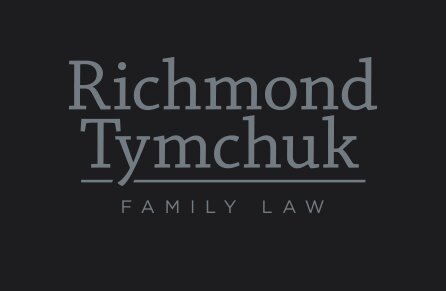When you’re getting divorced, one of the key points for discussion will be the family home. Who should keep the home, and who should leave? Importantly, the question of buying out the other party will need to be resolved. This post discusses spousal buyout mortgages, how they work and what potential pitfalls you should be aware of.
What is a spousal buyout mortgage?
When a couple is going through a divorce, the spouse who is going to remain in the family home might not have enough equity to refinance the mortgage. In this case, they can consider a spousal buyout mortgage.
This type of mortgage was created by the Government of Canada. It allows the spouse who is remaining in the home to refinance up to 95% of the value to buy out the other party.
It is available in specific situations only:
- Where both spouses are jointly on the title of the property
- You must qualify for the mortgage on your own, which includes:
- You must have good credit
- You must have sufficient income
- There must be a separation agreement in place
The property must be appraised to determine the value, and the mortgage can be up to 95% of that value.
What should I be aware of when getting a spousal buyout mortgage?
You should check to make sure that you are eligible for this kind of mortgage. Arrange an appointment with our family law experts to discuss your circumstances as we can provide guidance about this.
Both spouses must be on the title of the mortgage - this means you both own the family property. If the property is owned by one spouse, but the other partner wants to remain in that home, a spousal buyout mortgage would not be applicable in this case.
This type of mortgage isn’t only available to married couples who are divorcing - common law couples can also obtain it. Jointly titled people are also eligible, say for example when two siblings purchased a property together and then one wants to buy the other out.
Mortgage refinancing during divorce
Technically speaking, a spousal buyout is a refinance. The benefit of the spousal buyout mortgage is that you aren’t restricted to renegotiating only 80% of the property value - you can go up to 95%. If you are considering buying out the other owner, you should make sure that you can cover the repayments on your own.
Discuss all the possible options with your ex and your respective lawyers and accountants before making any refinancing commitments. For example, you might decide that you both want to move out and may want to sell the property and split the proceeds instead. You’ll want to discuss the broader division of family property and options available to you with your divorce lawyer.
Yes, you CAN keep the house
A spousal buyout mortgage can be a beneficial option for both parties, especially if one party in particular wants to stay in the family home and can afford to do so. If you’d like to learn more or discuss your specific circumstances, please contact our Calgary family law office to make an appointment.


